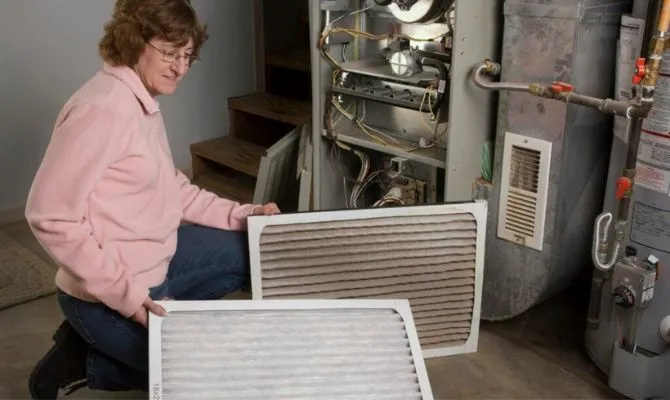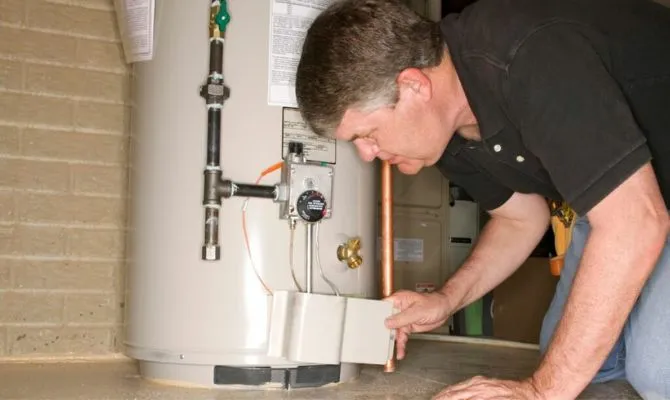Like any water heater, a tankless water heater can leak if it malfunctions or is not properly maintained. Although tankless water heaters are generally less prone to leaks than traditional tank-style water heaters, there is still a risk of leaks. Thankfully, there is no large volume of stored water that can burst and flood, like in a traditional hot water tank.
One potential cause of leaks is corrosion. Over time, the internal components of the water heater can corrode due to exposure to minerals in the water or other factors. This can cause leaks in the heat exchanger or other components of the unit. Another potential cause of leaks is improper installation. If the unit is not installed correctly or if the connections are not properly sealed, it can lead to leaks.
To minimize the risk of leaks, it is important to have the tankless water heater regularly inspected and maintained by a licensed professional. This includes flushing the unit to remove sediment and minerals, inspecting the components for signs of wear or corrosion, and checking the connections to ensure they are properly sealed.
In addition to regular maintenance, homeowners can also take steps to prevent and minimize damage in the event of a leak. This includes installing a water leak detection system, which can alert homeowners to any leaks and shut off the water supply to the unit to minimize damage. Homeowners should also be aware of the signs of a potential leak, such as a decrease in water pressure or unusual sounds coming from the unit.
In conclusion, while tankless water heaters are generally less prone to leaks than traditional tank-style water heaters, they can still leak and cause flooding if they malfunction or are not properly maintained. Homeowners should have their unit regularly inspected and maintained by a licensed professional, and consider installing a water leak detection system to minimize damage in the event of a leak.


